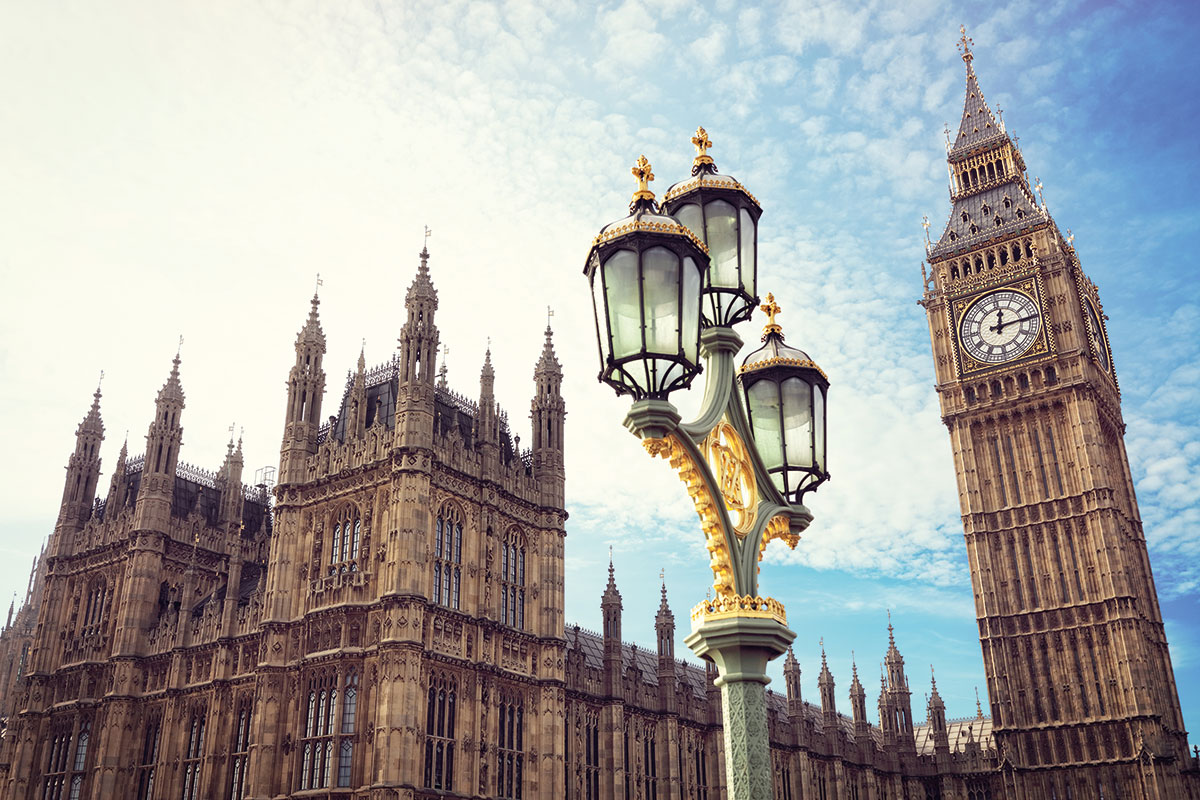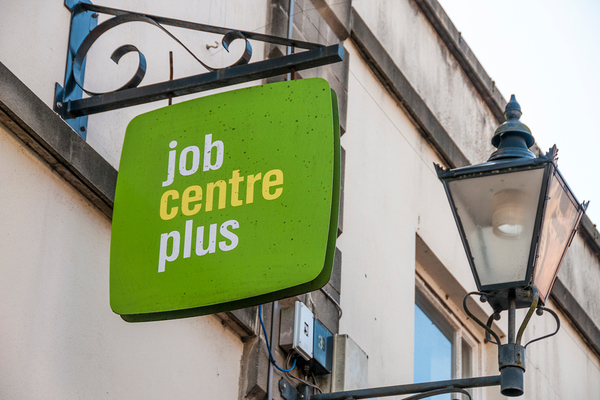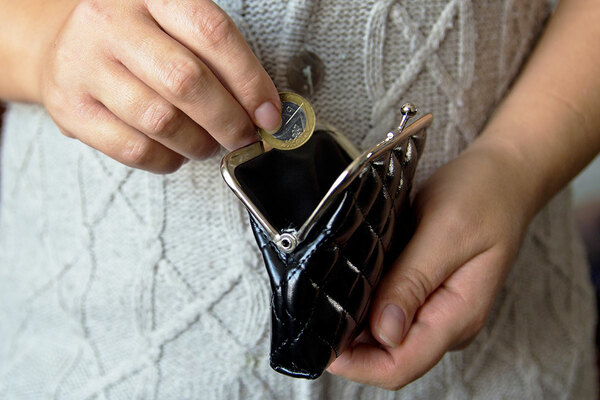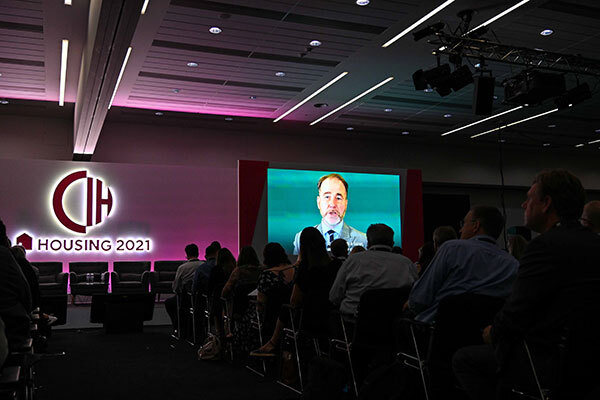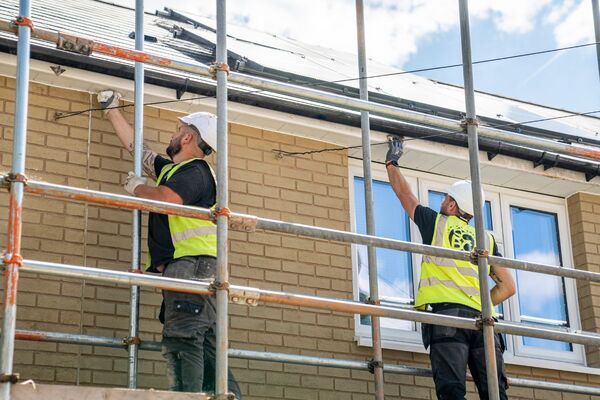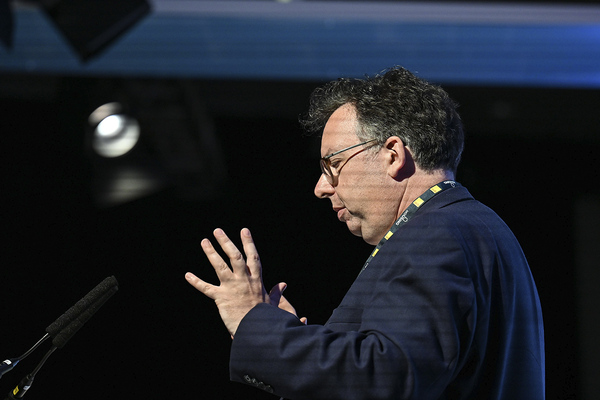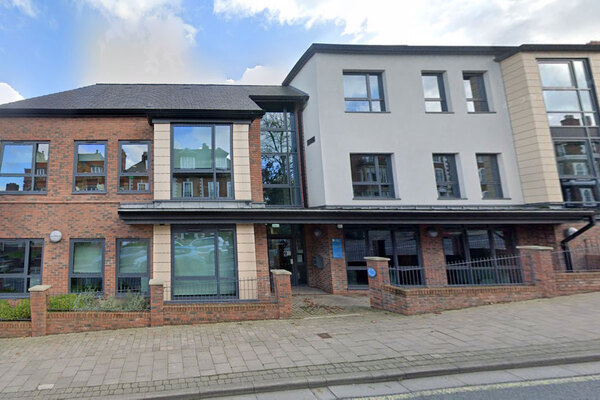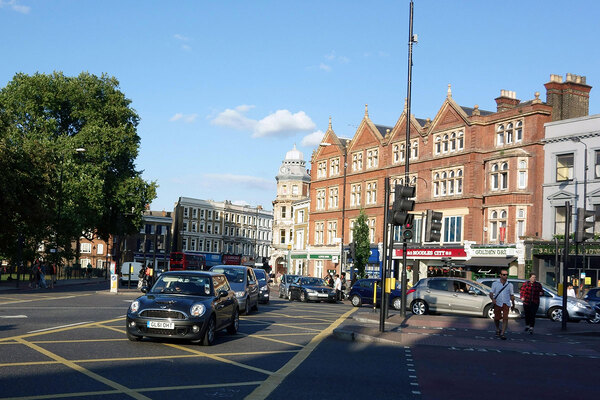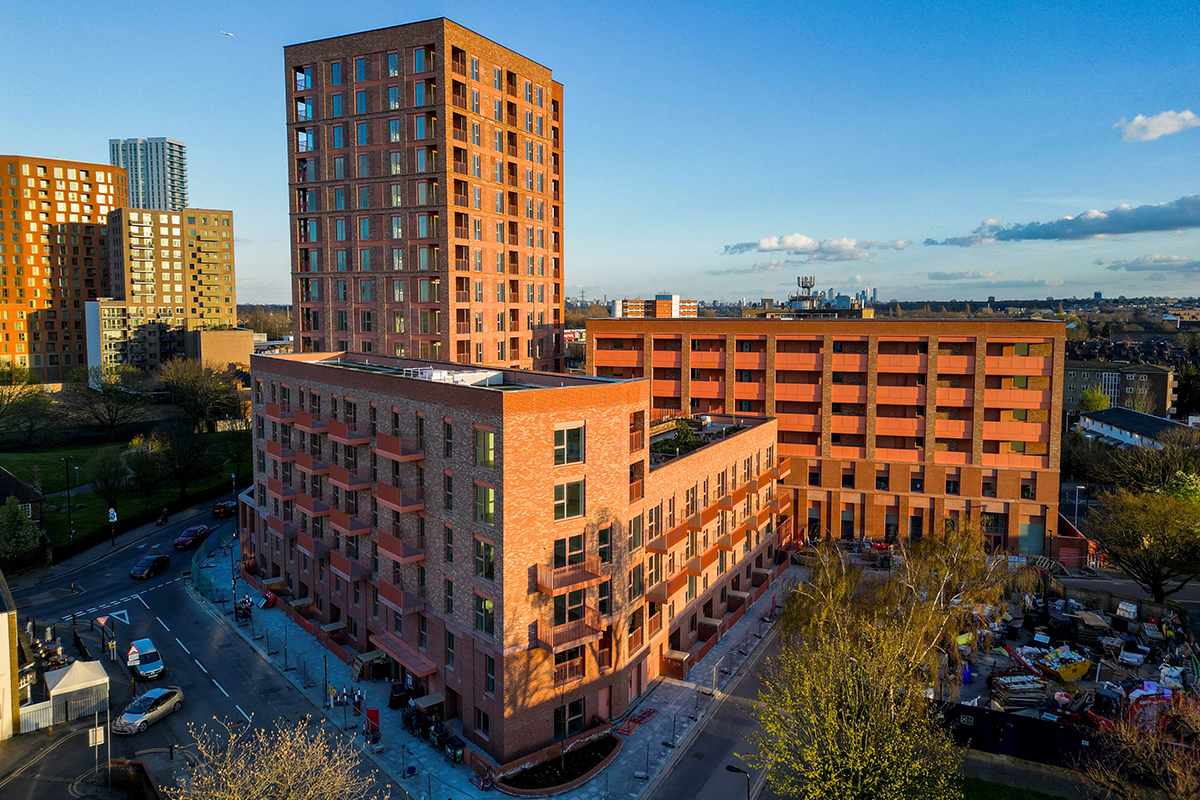You are viewing 1 of your 1 free articles
As MPs return to parliament, social landlords need to be shouting about Universal Credit
The proposed cut to Universal Credit will run incredibly deep for many people. Here’s what housing associations and councils should be doing to make the message is heard, writes Claire Higgins
“I already can’t afford to feed myself and am always so worried about how I will heat my home in the winter, so it will just be worse. I get upset, angry and depressed.”
Those are the words of a resident living in the North East. The hard financial choices people will have to make if Universal Credit is cut are clear. Choosing between buying food and keeping warm should surely have no place in the society that we seek.
To many people, £20 a week doesn’t seem like much. But anyone working in this sector understands acutely that it can be the difference between families living with constant nagging worry or managing to just about keep their heads above water.
And scratch below the surface and I’m increasingly concerned about another impact this cut will have. That is on the deterioration of the mental health and well-being of our residents, which sadly we have already seen and become acutely aware of during the pandemic.
Poor mental health manifests itself in a number of ways, from being unable to look after yourself or your children, through to increased anxiety and anti-social behaviour in our communities.
We are seeing a rise in reports of anti-social behaviour – notably reports of domestic arguments, shouting and threatening behaviour, all of which impact negatively on children, neighbours and communities. It is the exact opposite of what we need if we are to build back stronger and better.
There can be no coincidence that these worrying trends correlate with the stress caused for our residents by their increased hardship and worries about making ends meet.
It’s the impact on our residents’ mental health that spurred me to get involved with the campaign to ‘Keep the Lifeline’.
Across the country, PlaceShapers members are writing to their MPs showing the impact of the cut on their constituents and communities.
The £20-a-week increase was introduced by the government in recognition that we need a decent social security system.
Cutting it, according to the Resolution Foundation, will hit the living standards of low and middle-income Britain hard – and would cut the income of the poorest overnight by 7%.
Universal Credit is an in-work benefit. It seems this is being conveniently overlooked in some quarters and it is this which is very hard to understand. For one in three people who use this as an in-work benefit to top up low wages, the cut risks putting them below the poverty line.
Our recent APPG on Housing and Social Mobility suggests that social housing provides the affordability, stability – and often direct support – that people need to secure sustainable employment.
A choice to keep the increase also means fewer costs relating to the negative outcomes in emergency support, health services and policy. The NHS estimates that poor mental health carries an economic and social cost of £105bn a year. At a time when we all recognise the strained and increased costs on the NHS, it is the wrong choice to cut something that will not decrease – and could increase – those costs.
To keep this increase means a lifeline for millions of people, allowing them to live more optimistically and be part of a ‘build back better’ Britain.
In the weeks leading up to the return to parliament, we need to do all we can as a sector to show the true cost – financial, social and emotional – of the choices that are made and press upon all MPs that they should change course and renew their commitment to a higher level of support for people who need it.
Let’s make sure we do all we can to keep the lifeline.
Sign up for our daily newsletter
Already have an account? Click here to manage your newsletters

